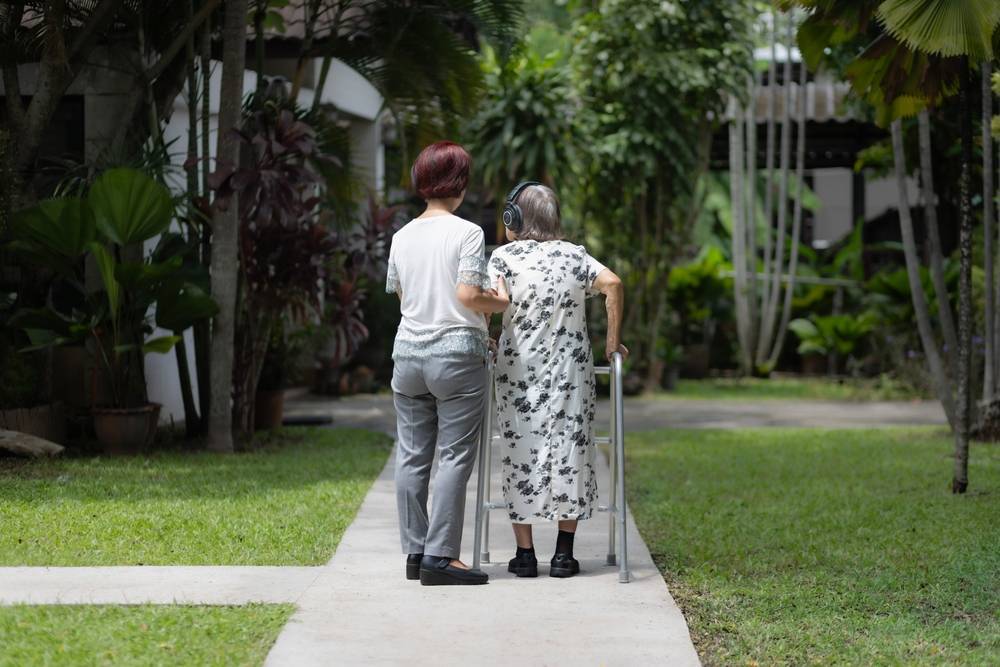As we age, maintaining muscle mass becomes increasingly challenging due to a natural decline in muscle strength and function, known as sarcopenia.
Sarcopenia can lead to reduced mobility and independence, but there are effective strategies to mitigate its impact. Here’s how to keep age-related muscle loss at bay.
Understanding Sarcopenia
Sarcopenia is the gradual loss of muscle mass and strength with ageing. It typically begins after the age of 30 and accelerates after 60. Factors contributing to sarcopenia include hormonal changes, decreased physical activity, and inadequate nutrition. Recognising the signs early—such as muscle weakness, decreased stamina, and difficulty performing daily tasks—can help take preventive measures.
Importance of Resistance Training
Resistance training, also known as strength training, is crucial in combating sarcopenia. Engaging in exercises that involve lifting weights or using resistance bands can help maintain and build muscle mass. Aim for at least two days of resistance training per week, targeting all major muscle groups. Start with lighter weights and gradually increase the intensity to avoid injury.
Effective Resistance Training Exercises
- Squats and Lunges: These exercises target the lower body muscles, including the quadriceps, hamstrings, and glutes.
- Push-Ups and Bench Presses: These help strengthen the upper body, focusing on the chest, shoulders, and triceps.
- Rows and Pull-Ups: These exercises work on the back muscles, crucial for maintaining good posture.
- Planks and Core Exercises: Strengthening the core helps improve balance and stability.
Role of Protein-Rich Diet
Adequate protein intake is essential for muscle repair and growth. Older adults should aim for higher protein consumption than younger individuals. Incorporate high-quality protein sources such as lean meats, fish, eggs, dairy products, legumes, and nuts into the diet. Consult a nutritionist to determine the appropriate amount of protein for your specific needs.
Benefits of Physical Activity
In addition to resistance training, regular physical activity is vital. Walking, swimming, and cycling help maintain cardiovascular health and overall fitness. Aiming for at least 150 minutes of moderate-intensity aerobic activity per week is advised. Moreover, staying active supports muscle health and improves balance, coordination, and mental well-being.
Nutritional Supplements
In some cases, dietary supplements can aid in maintaining muscle mass. Supplements such as whey protein, vitamin D, and omega-3 fatty acids have shown benefits in muscle health. However, it’s important to consult a healthcare provider before starting any supplement regimen to ensure safety and effectiveness.
Managing Lifestyle Factors
Lifestyle choices significantly impact muscle health. Avoiding smoking and excessive alcohol consumption can prevent further muscle deterioration. Additionally, ensuring adequate sleep and managing stress through yoga and meditation can support overall health and muscle maintenance.
Quality sleep, 7-9 hours per night, is recommended to allow your body to repair and build muscle tissue. Chronic stress can lead to muscle breakdown, so it’s important to incorporate stress-reducing practices such as mindfulness, deep breathing exercises, and hobbies.
Regular Health Check-ups
Regular medical check-ups are essential for early detection and management of conditions that may contribute to muscle loss, such as diabetes and thyroid disorders. If there are any signs of muscle weakness or decline in physical abilities, it is important to discuss muscle health with a doctor and consider routine screenings for sarcopenia.
Conclusion
While age-related muscle loss is a natural part of ageing, adopting a proactive approach can significantly slow its progression. Combining resistance training, a protein-rich diet, regular physical activity, and a healthy lifestyle can help maintain muscle mass and enhance quality of life. Integrating these strategies daily makes it possible to maintain muscle strength and function, ensuring a more active and independent lifestyle while ageing.
Have a pressing question for a doctor? Medical Channel Asia has launched a community forum page where you can get questions answered by a medical specialist. Visit the community forum here.

